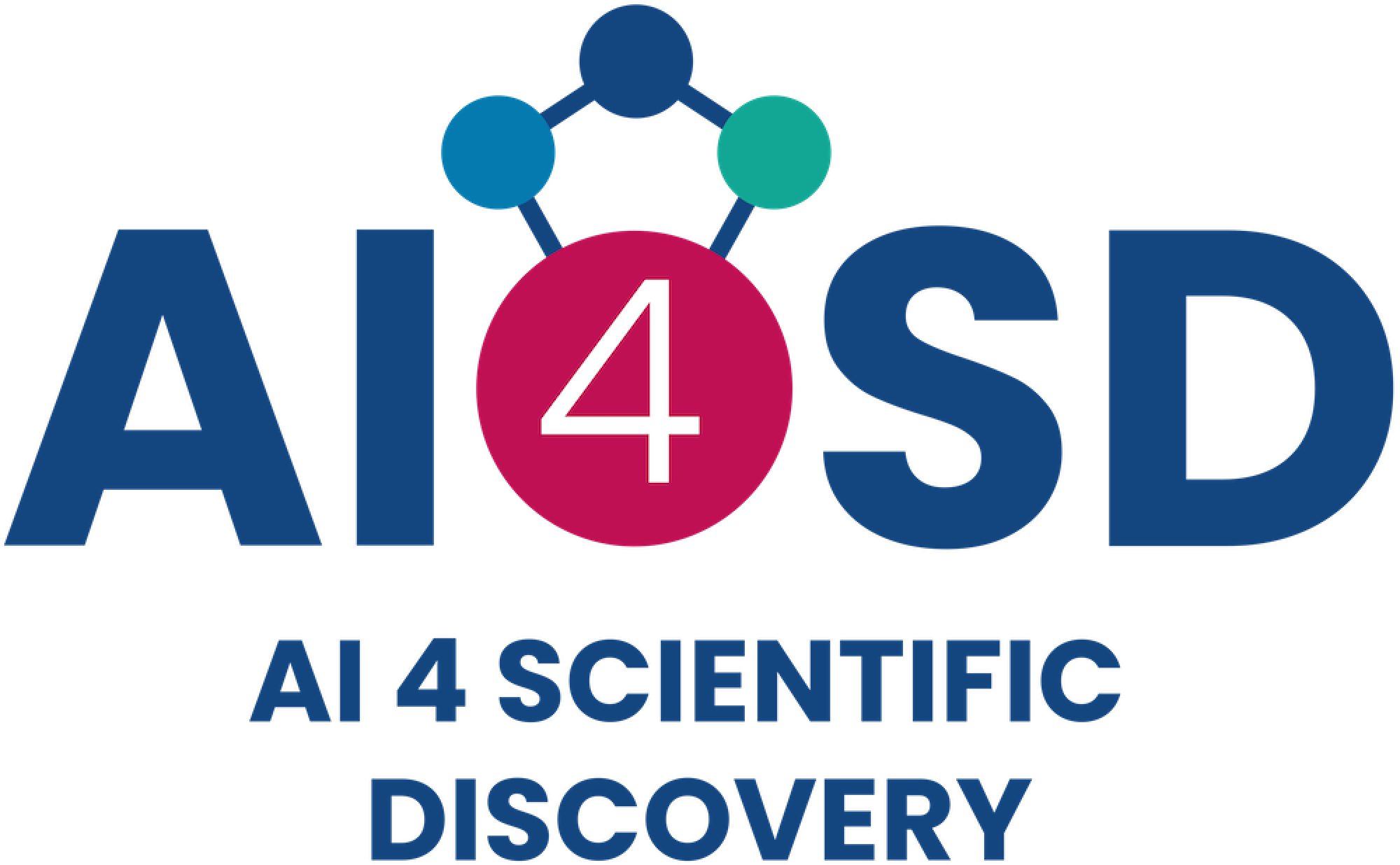The Network+ Advisory Board is chaired by Professor John Overington of the Medicine Discovery Catapult and is comprised of a number of highly experienced individuals from both industry and academia, with a wide range of relevant skills to our Network+. The purpose of the Network+ Advisory Board (AB) is to provide advice on the conduct and content of the AI3SD Network+. This encompasses helping to identify major streams of research for the network and to both commission and assess research proposals.


Professor John Overington (Chair) – Chief Informatics Officer at Medicine Discovery Catapult
John Overington holds a first degree in chemistry and studied for his PhD on comparative protein modelling, drug design, and sequence-structure relationships with Sir Tom Blundell at Birkbeck College, London. After a postdoctoral fellowship with the Imperial Cancer Research Fund, London, he joined Pfizer Central Research in the United Kingdom and eventually became manager of the Molecular Informatics, Structure and Design Department, where he was responsible for cheminformatics, structural biology, target analysis, and molecular modelling. He joined Inpharmatica in 2000; Inpharmatica was acquired by Galapagos NV in December 2006. There he was Senior Director, Discovery Informatics of the Galapagos subsidiary BioFocus DPI. In October 2008 he was appointed Team Leader, Chemogenomics at the European Molecular Biology Laboratory (EMBL), working at the European Bioinformatics Institute (EMBL-EBI) in Hinxton, U.K. where he established and ran the ChEMBL group. Following that, he spent two years as VP Biomedical Informatics at BenevolentAI. He became Chief Informatics Officer at Medicines Discovery Catapult (MDC) in 2017.
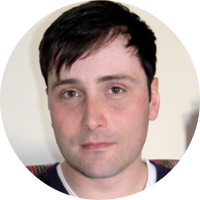
Dr Nathan Brown – Head of Chemoinformatics at BenevolentAI
Nathan is recognised as a global thought-leader in Chemoinformatics and computational drug discovery, and is the inventor of the first multiobjective de novo molecular design system. He joined BenevolentAI in 2017 from The Institute of Cancer Research, London where he founded and led the In Silico Medicinal Chemistry team for over ten years, with significant scientific impact on drugs in active clinical trials, and the development of new algorithms for drug discovery. Nathan has published over 40 papers and three books; is a Fellow of The Royal Society of Chemistry; and is the 2017 recipient of the Corwin Hansch Award.
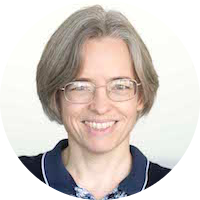
Dr Louise Dennis – Lecturer at University of Manchester
Louise is a senior lecturer at the University of Manchester where she is part of the Autonomy and Verification group. She is a member of the IEEE Global Initiative for Ethical Considerations in the Design of Autonomous Systems and the IEEE Standards working group for Transparency for Autonomous Systems (P7001). She is currently co-investigator on two EPSRC Hubs for Robotics in Extreme and Challenging Environments: Future AI and Robotics for Space (FAIR-SPACE) and Robotics and AI for Nuclear (RAIN). Her expertise is in the development and verification of autonomous systems with interests in rational agent programming languages, and architectures for autonomous systems, with a particular emphasis on ethical machine reasoning and creating verifiable systems.
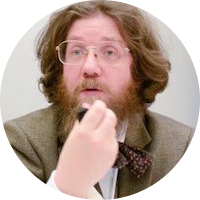
Matthew Dovey – Head of e-Infrastructure Strategy, Jisc; EGI Executive Board & Council Chair
Matthew is the head of e-Infrastructure Strategy at Jisc where he develops and implements strategies for supporting the UK’s national and global research. He is also the chair of the European Grid Infrastructure Executive Board and Council, which aims to create and deliver open solutions for science and research infrastructures. He is also on the advisory board for the Software Sustainability Institute.

Professor Mark Girolami – Chair of Statistics, Imperial College London; Strategic Programme Director, The Alan Turing Institute
Mark is one of the founding Executive Directors of the ATI (Alan Turing Institute) from 2015-2016, before he took leadership of the Data Centric Engineering Programme at the ATI. He held an EPSRC Advanced Research Fellowship between 2007-2012, and is currently an EPSRC Established Career Research Fellow. He was the leader of the EPSRC funded Research Network on Computational Statistics and Machine Learning. He was awarded a Royal Society Wolfson Research Merit Award in 2011, the year he was also elected to the Fellowship of the Royal Society of Edinburgh. His research focuses on investigating and developing novel statistical methodology for different scientific domains including chemistry, engineering and life sciences.
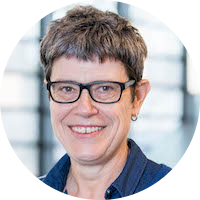
Professor Val Gillet – Professor of Chemoinformatics, University of Sheffield
Val is a Professor of Chemoinformatics at the University of Sheffield where she heads the Chemoinformatics Research Group. Her research focuses on the development and validation of chemoinformatics methods, especially for drug discovery. She has expertise in machine learning, evolutionary algorithms and the development of novel methods for molecular representation and applying these to applications such as de novo design and virtual screening. She has collaborated with many of the major pharmaceutical companies and specialist chemcoinformatics software companies.
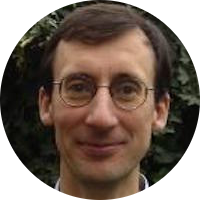
Professor Jonathan Goodman – Professor of Chemistry, Academic Dean; Director of Studies in Chemistry, University of Cambridge
Jonathan is a Professor of Chemistry at the University of Cambridge, and Director of Studies of Chemistry at Clare College, where he also serves as the Academic Dean. His research focuses on experimental and computational chemistry, analysing organic reaction mechanisms, interpreting analytical data and investigating computational chemical toxicology. He is also secretary of the Subcommittee on the IUPAC International Chemical Identifier, and has developed the Reaction-InChI (RInChI): an InChI-based identifier for chemical reactions.

Professor Tony Hey – Professor of Computer Science; Chief Data Scientist, Science and Technology Facilities Council
Tony is the Chief Data Scientist at the Science and Technology Facilities Council. Tony’s original background was in Physics, completing his undergraduate degree and subsequent post-docs at the University of Oxford in the UK and then CalTech and CERN in the USA. He worked at the University of Southampton in the Physics Department originally before transferring to the Electronics and Computer Science Department where he created a leading research group in parallel computing. He was the director of the UK’s e-Science initiative (2001-2005) and then became the Vice President in Microsoft Research afterwards.
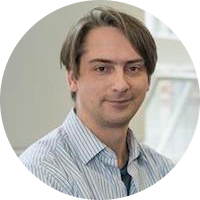
Dr William McNeill – Lecturer in Philosophy, University of Southampton
William has been a lecturer in Philosophy at the University of Southampton since 2016 and is part of the Philosophy of Language, Philosophy of Mind and Epistemology Research Group. Prior to this he lectured at Kings College London, the University of York and Cardiff University. His research interests are centered on the epistemology of perception, social cognition and inferential knowledge.

Professor Harris Makatroris – Professor of Manufacturing Operations, Kings College, London; Principal Investigator of Directed Assembly Network
Harris is a Professor of Sustainable Manufacturing Systems at Kings College London. He is also a Director at Centillion Technology Limited, and the Principal Investigator of the Directed Assembly Network. He is on the board of two overseas companies, has 3 patents to his name and has produced over 70 research outputs to date. He is highly experienced in process engineering, manufacturing systems, and commercialising technology and has spent the last 10 years developing AI controlled flow reactor systems for functioning materials production. His research focuses on AI both from an experimental and computational perspective and he has experience in leading multidisciplinary teams in large research projects.

Professor Andy Stanford-Clark – Chief Technology Officer at IBM; Professor at University of Southampton, Newcastle & East Anglia & BCS Fellow
Andy is IBM’s Chief Technology Officer and Distinguished Engineer. He has over 40 patents to his name and works extensively with Internet of Things technologies. Alongside his work at IBM he is affiliated with three different Universities: Visiting Professor at the University of Newcastle, Honorary Professor at the University of East Anglia and Adjunct Professor at the University of Southampton. He is also a Fellow of the British Computer Society. Prior to becoming Chief Technology Officer, he spent 20 years working in the area of Internet of Things technologies.
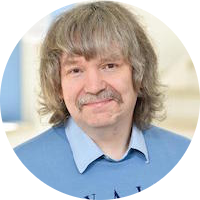
Professor Richard Whitby – Professor of Chemistry, University of Southampton
Richard is Professor of Organic Chemistry at the University of Southampton. He founded and leads the ‘Dial-a-Molecule’ Grand Challenge which aims to make the synthesis of novel molecules as quick as it currently is to order commercial compounds. His research is centered on developing the methods of organic synthesis and applying them to targets of biological, materials or physical interest. A particular interest in the use of automated reactors and flow chemistry to generate high quality information on reactions, and how to turn that data into knowledge. He has also run the OrgNet mailing list for over 30 years and has led efforts to encourage the adoption of Electronic Laboratory Notebooks in Academia.

Professor David Woods – Professor of Statistics, University of Southampton
David is a Professor of Statistics at Southampton Statistical Sciences Research Institute. He held an Early Career EPSRC Fellowship between 2012-2017 focusing on the statistical design of complex scientific experiments. His main research focus is on the design and analysis of both physical and computational experiments, Bayesian methods and applying statistics to both science and technology. He typically works on interdisciplinary projects, and frequently collaborates with other researchers across different domains.
